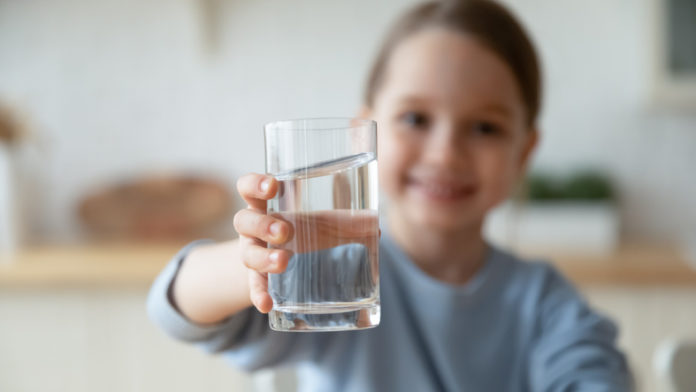Local Government Minister, Nanaia Mahuta, has announced the opening of applications for a programme to support rural access to clean and safe drinking water.
The Minister said the Rural Drinking Water programme will invest $20 million to help upgrade community water systems in high deprivation areas, including rural marae, papakāinga and kōhanga reo.
“The Government is committed to keeping a lid on rate rises by addressing the rising costs of water on households and fixing our critical water infrastructure,” Ms Mahuta said.
“Everyone agrees that change is needed to ensure that all New Zealanders do not have to foot the bill through unreasonable rate hikes, to have access to safe, clean drinking water.
“Our most remote communities are too often affected by boil water notices, contaminated drinking water systems, and a lack of access to specialist advice to help fix this.
“As previously signalled, we want to ensure that rural drinking water suppliers are supported to meet new regulatory requirements and standards, by funding the installation of safe, modern water treatment equipment and infrastructure.”
Kāinga supplies currently equate to 23% of total registered water supplies that aren’t connected to local or central government supplies or water carriers, she said.
“They are also play an important part in wider communities for all New Zealanders, as a place for hui and tangihanga, accommodation, health and welfare hubs, civil defence support and hosting some of our country’s most important events.”
“This programme demonstrates our commitment to upgrading and future proofing infrastructure for remote communities and acknowledges historic inequities of access to safe drinking water for Māori in rural areas.
“It will empower rural communities with training from technical specialists involved in the installation and maintenance of upgraded equipment. Under the programme, they will be supported for five years and any new equipment installed will be retained and owned by the respective drinking water supplier.
“Collectively, whole communities will gain a greater understanding of how they function within the water systems of New Zealand and how they can contribute to a better system.
“We know this programme works. Over the past 12 months a pilot programme has been running with drinking water suppliers. This has helped identify what type of technology can most easily be installed to meet drinking water standards and how best to work with hapū and iwi to meet their needs,” Ms Mahuta said.
Further information on the programme and how to apply can be found at: Crown Infrastructure Partners.



